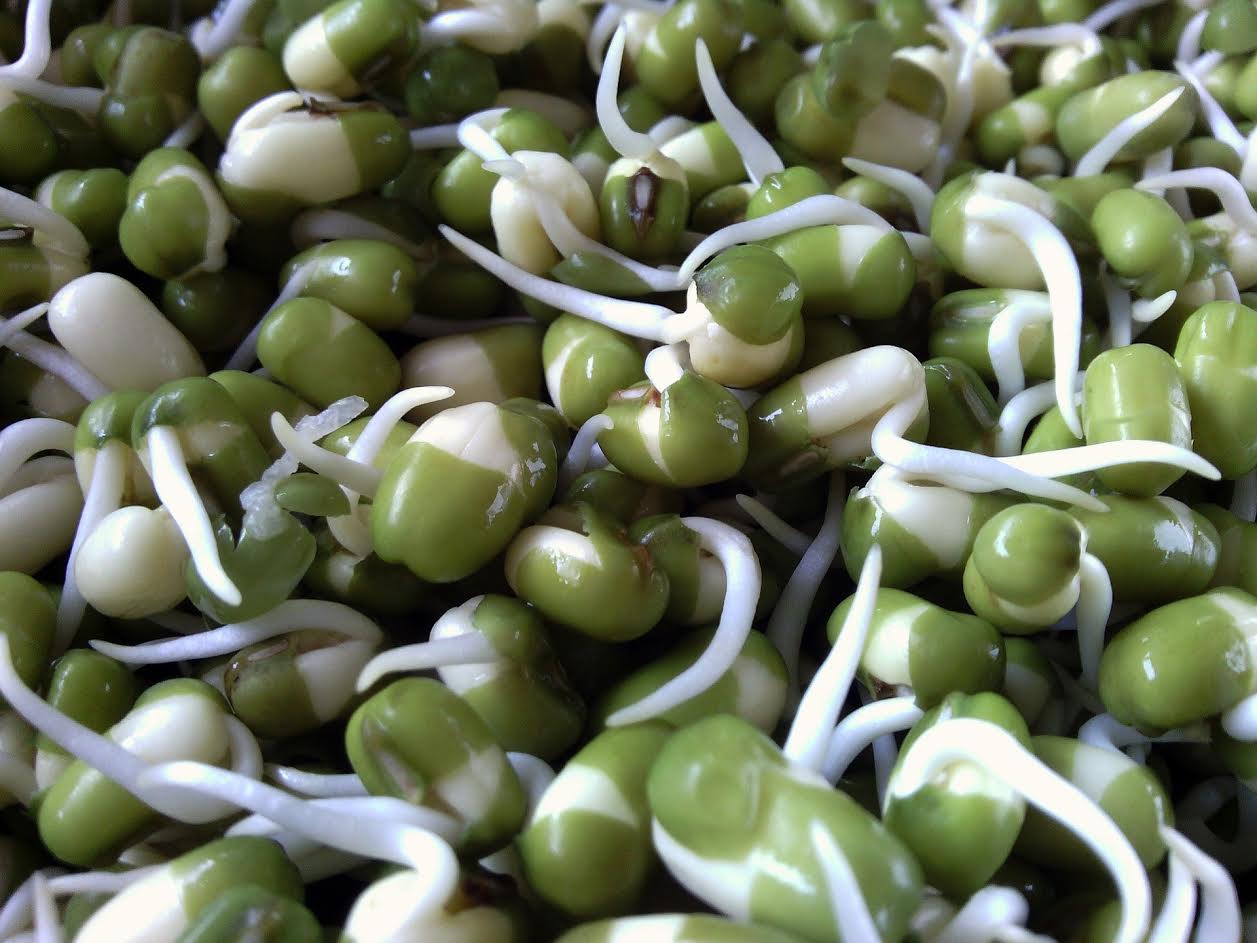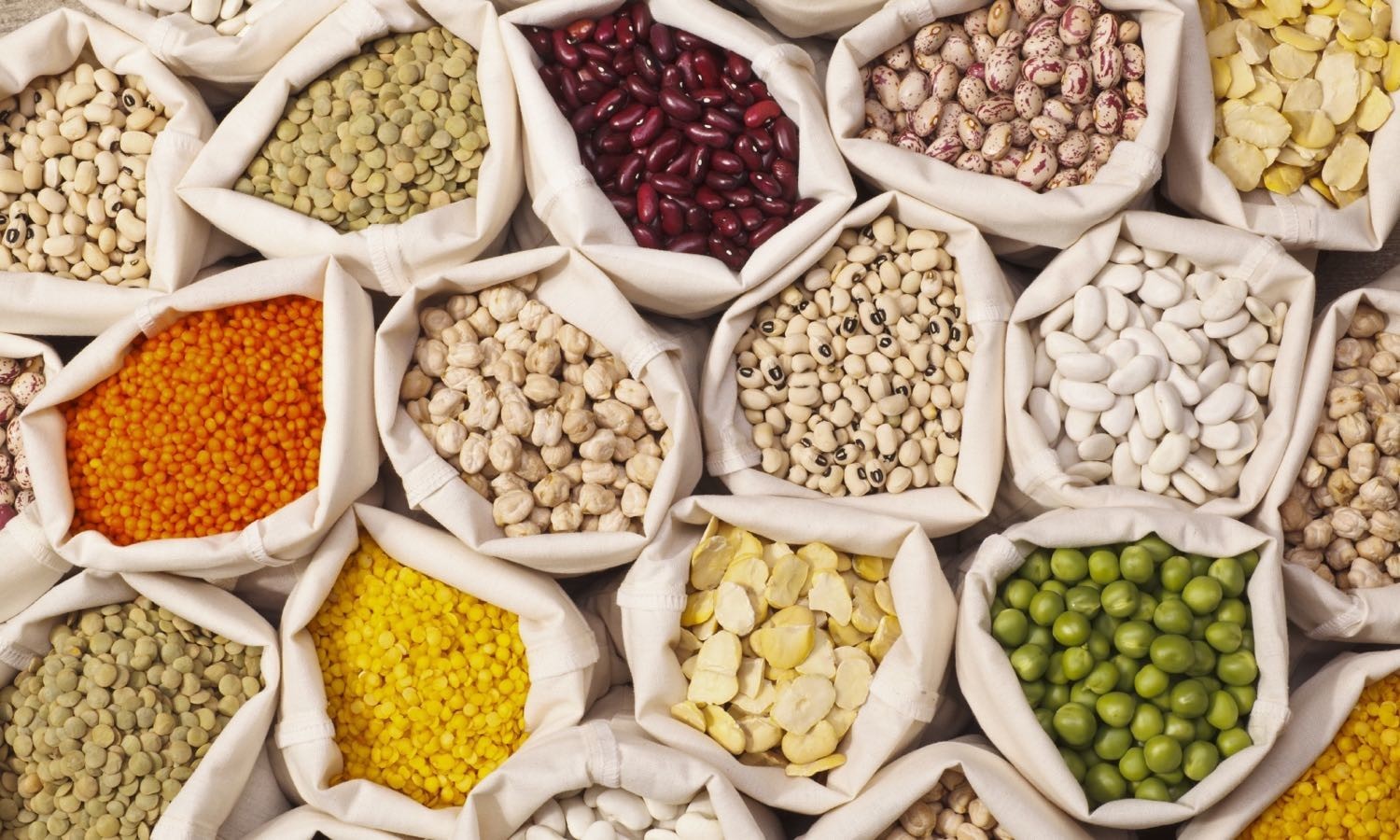
Although the area under pulses may have increased this year according to Processors and Growers Research Organisation (PGRO) data, the variability in the yield has been marked, with a range from one to seven tons per hectare.
Peas and beans are a challenging crop to grow, but new research is emerging that suggests that higher and more consistent yields are within reach, and there is potential to double the value of the industry in 5 years.
Dr Ian Smillie of ADAS says that the yield of the crop is a function of the resources available – water from the soil and energy from the sun – and increasing its ability to utilize these resources will boost yield.

He says: “In theory there are sufficient resources available for plants to gain ten tons or more a hectare, but to achieve this consistently requires every aspect of the crop to work more efficiently.
“When comparing the performance of the real crop to our theoretical model the biggest deciding factor seems to be the duration of the leaf canopy. If you can bring forward emergence and delay die back then the yields are highest.
“This year we had a wet start so peas were planted slightly later and a hot dry spell meant the crop was dying back in mid-July, shortening the growing season. Yield was greatest where local conditions meant that there was an extended growing season.”
2016 the ‘International Year of Pulses’
The many benefits of UK-grown combining peas and field beans were given a thorough airing in the House of Commons back in July.
The pulse industry has stepped up its efforts to promote the valuable role these foodstuffs play in nutrition and sustainable food production.
The British Edible Pulses Association (BEPA), which represents processors and end-users, teamed up with the All-Party Parliamentary Group for Agroecology and Labour MP, Kerry McCarthy, to host a pulse exhibition for Members of Parliament and key members of the industry on Tuesday (19th July).
It is the latest in a range of BEPA activities to promote public awareness of pulses as part of the International Year of Pulses, designated by the United Nations.
Franek Smith, Vice-President of BEPA, said: "The event has been a huge success for both BEPA and the pulse industry, benefiting everyone from farmer to retailer.
"We came to highlight the value of these often-overlooked foodstuffs to MPs and how they fit into the modern diet.
"We outlined their value as healthy, high-protein high-fibre foods, the fact they are very affordable and why they should be a regular part of everyone’s diet. We explained how they reduce cholesterol while providing essential proteins and amino acids."
